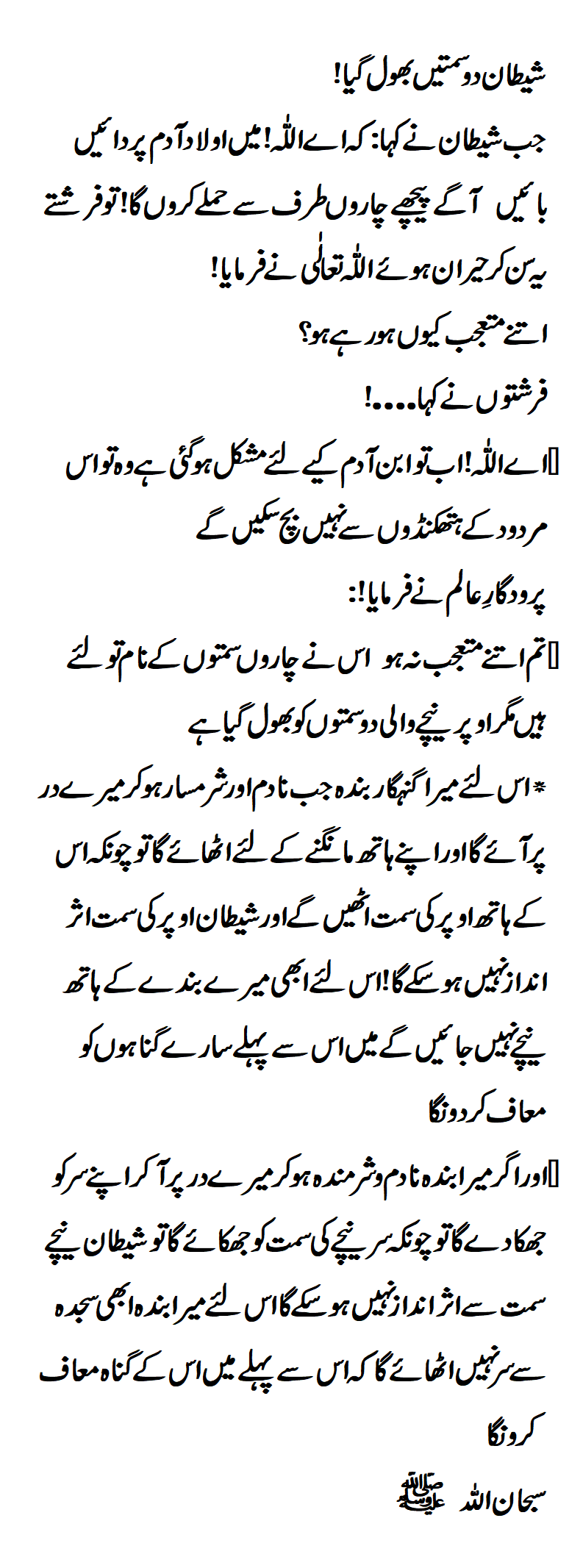In John Milton’s Paradise Lost, Satan is a major figure of the narrative. The poem’s intense focus on his temperament presents a psychological profile of someone with a conflictive personality. Among his fellow fallen angels, he is a rebellious leader with no regrets, but in private his deeper thoughts come forth. As revealed in Paradise Lost, the true Satan is a sad, miserable creature devoid of hope.
Throughout, how Satan behaves in front of fellow demons or angels is not the same as when he is alone. Satan appears more confident in himself when others are before him. In Book II, before the demonic council, the poem reads “and by success untaught/His proud imaginations thus displayed” (2.1-10). The word “untaught” has a meaning of not trained by teaching,
while “imaginations” in this context means scheme or plot, though there is a pun on the additional meaning of imagination which is the ability of the mind to be creative. Satan is being congratulatory towards himself in front of his fellow demons because he is devising his schemes by his own “imagination” and not through teaching.

The meaning of “displayed” is to make a prominent exhibition of something in a place where it can be easily seen. By exhibiting himself in a certain manner and then bolstering it later, Satan is acting superior.
Compare this attitude to Book IV: when alone in the Garden of Eden, Satan says to himself “O had his powerful destiny ordained” (4.58). In this line, Satan is beginning to question himself as a strong rebel. The one he is referring to is God himself, and he is acknowledging several things about God. One is that he is “powerful,” which means of having great strength. Powerful is connected to